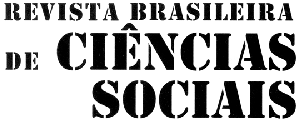Based on assumptions of systems theory in a critical perspective, this paper analyzes the relationship between social structure and semantics in the Brazilian State at the turn of nineteenth century, specifically considering the issues of liberal constitutionalism and codification of private law. First, the author seeks to depart from the model of “interpreters of Brazil” in order to characterize the Brazilian State as a territorial political-legal organization within the modern society as world society. In the second section, the author discusses the difficulties in adopting a civil code during the Brazilian Empire. In this regard, he points to the difficulty of liberal legal ideas under non-liberal local socioeconomic structures. In the third part of the article, the author deals with the conditions of emergence of the 1891 Constitution, emphasizing the shift of meaning and function of the liberal legal-political ideas in the context of the Brazilian State of the “First Republic”. He then addresses the conditions of emergence and the practical meaning of the Civil Code of 1916, considering again the displacement of liberal legal ideas in the context of the Brazilian state. Finally, the author takes distance from the notion of “misplaced ideas” to complete with the paradoxical formulation that liberal ideas, in that context, acted as both ideas in another place (society in the scope of the Brazilian State) and in the same place (the world society).
Brazilian State; World society; Liberal constitution; Private law codification; Systems theory
